What Foods To Eat And What Foods To Avoid During Pregnancy
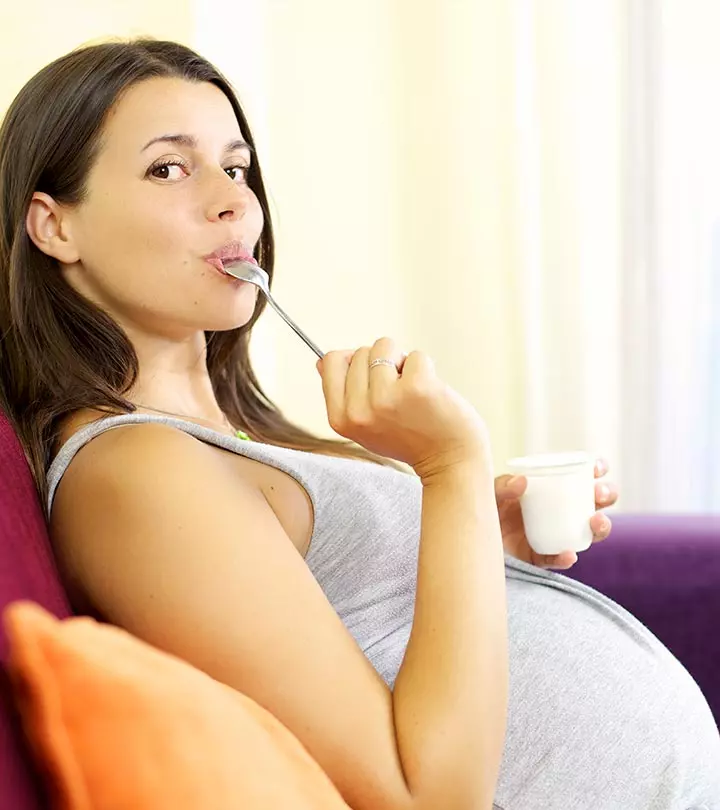
Image: shutter stock
Congratulations! The big news has arrived, and you are now all set to begin those nine months of pampering and care!
As much as you are excited, there will be a thousand questions running through your mind, especially those that concern you and your to-be-born baby’s health.
One of the biggest queries that most expectant moms have is what to eat during those nine months. Everything that you eat now will directly affect your baby’s growth in the womb. Post-delivery, what you eat will help provide nourishment to your baby, while you breastfeed your baby.
Today we’ll give you some suggestions on healthy food to eat while pregnant that you should follow for your health and your unborn baby’s development too.
In This Article
Pregnancy Diet: What to Eat?
1. Grains And Cereals
- All whole grain foods are great during pregnancy as they are high in fiber. These include bread, rice, pasta, wheat and oatmeal.
- Besides being a great source of fiber., these foods are also loaded with minerals and are often iron-fortified.
- Pregnant women are very susceptible to constipation which may lead to painful hemorrhoids in the third trimester and post-delivery. Hence the need for fiber rich food.
- The mineral content helps in the overall development of the fetus and replenishes minerals in the mother’s body as well.
2. Dairy Products
Dairy products are first on the list of food to eat during pregnancy! As calcium intake is a must during pregnancy. Include low-fat or skimmed milk, paneer, yogurt, lassi or buttermilk. These are not only rich in calcium but also in Vitamin B12 and Vitamin D. Milk is also considered to improve digestion and appetite in pregnant women. However if you have issues with milk-based products, consult your doctor about how you would replace dairy products for enough calcium intake. Calcium is necessary when you are pregnant as it helps in the bone and teeth development of your little one. Drink 2-3 glasses of milk each day.
3. Fruits And Vegetables
Pregnant ladies should include at least six servings of fruits and vegetables per day. Plan your meals accordingly. Fruits and veggies are very rich in all vitamins minerals and fibers. Not only that they are also a good source of Vitamin C which is good for both you and your baby. Vitamin C strengthens gums and tissues, helps in healing wounds fast and also helps in absorbing iron.
Have enough of berries, oranges, apples, melons, strawberry, papaya, green leafy vegetables, broccoli, and cabbage. During your meals, keep a plate of green salad.
Eating a variety of colorful fruits during pregnancy ensures that the growing baby gets all the essential antioxidants, vitamins and minerals. Green leafy vegetables like Swiss chard, kale and spinach are an excellent source of folate, minerals and Vitamins C, K and A.
4. Minerals
The main minerals that are vital for pregnancy are as follows:
- Calcium: (RDA 1000mg) found in most greens, milk products, legumes, and nuts.
- Zinc: (RDA 15mg) whole grains, broccoli, eggs, lean meats, and tomatoes.
- Iron: (RDA 30mg) whole grains, greens, meats, legumes, dried fruits and tofu.
- Iodine: (RDA 175mcg) iodized salt, seafood, and cheese.
- Selenium: (RDA 65mcg) seafood and grains.
- Phosphorus: (RDA 700mg) fish, eggs, meats.
- Magnesium: (RDA 360mg) all beans, cashews, broccoli, and tofu.
- Flouride: (RDA 3.1mg) fluoridated water, seafood and tea.
5. Proteins
Include enough proteins in your diet. Have lean meat (excluding liver), fish, eggs, beans and sprouts. Have fish 2-3 three times a week. Include sea fish like sardines and tuna in your diet. These fish are very rich in omega-3 fatty acids which are one of those healthy fats. It has been found that omega-3 fats are needed for brain and eye development of your unborn child.
Omega-3 fats are responsible for a faster development of your child’s brain. Other than that omega-3 fats also prevent the chances of asthma and allergies at a later age.
Always cook eggs, fish, and meat properly before eating. Cook eggs in such a way that both the white portion and yolk becomes hard. Only then it is properly cooked. Uncooked or semi-cooked foods may contain bacteria which may result in food poisoning. It may also poison your baby’s blood.
6. Fats
- If you have avoided fatty treats all their lives, it’s time to begin now.
- Your body requires essential fatty acids (EFAs) to maintain the heightened metabolism during pregnancy.
- Omega-3 and omega-6 fatty acids are extremely vital for the normal brain development of the fetus.
- DHA (Docosahexaenoic Acid) found in omega-3 fatty acids plays a crucial role in the brain development of the fetus.
- Good sources of essential fats are olive oil, cod liver oil, fish, wheat germ oil, flaxseed oil and coconut oil.
7. Beans And Pulses
Beans and pulses are a must have when it comes to a healthy pregnancy diet. They are rich in proteins and fibers and also some essential nutrients like zinc, iron, folate and calcium. Add beans and sprouts to your salads, soups or noodles and pasta. Kidney beans, soya beans, lobia, all pulses are really good for you and your baby’s health.
8. Nuts And Seeds
Nuts and seeds being rich in fatty acids, vitamins and minerals are a must in your diet. Whenever you feel hungry in between meals, have a fistful of almonds, cashew, walnuts or pistachios. Nuts are a good source of Vitamin E and all Vitamin Bs. Other than that they are stuffed with some excellent minerals like iron, magnesium, zinc etc, which are good for your growing fetus. But remember that although nuts are good for you and your baby’s health, but having lots of them will add to your weight which may be difficult to cut down later; and also do not have oil-fried nuts. Oil-fried nuts have unhealthy calories and lots of sodium. It’s good to have them raw always.
Now for the seeds, consider having pumpkin, sunflower, sesame and flax seeds. These seeds are super rich in minerals, vitamin Bs and fiber. Flax seed is rich in omega-3 fats. You can have flax seeds either whole or grind them to a fine powder and mix with milk.
9. Berries
Berries need a special mention and it should take a special place in your pregnancy diet chart. Berries are good in folate, vitamin C, potassium and fiber. If you don’t like berries start liking them because they are good for the developing fetus. You can top your cereals with berries or eat them fresh. But always wash them thoroughly before eating. Black berries, blueberries, strawberries or raspberries, any variety of berries are good for you.
10. Salmon
Salmon is a good source of omega-3 fats and protein. These essential fats help in the development of baby’s brain and eyes. Salmon is also good for meeting the protein requirement of pregnant mothers. However, it is advised to limit your salmon intake to six ounces weekly.
11. Sweet Potatoes
Sweet potatoes contain nutritious fiber, potassium, iron, copper, Vitamin C and B6, and beta carotene. Eating sweet potatoes can single handedly meet your iron requirement. Get your taste buds rolling by eating baked, mashed or even deep fried sweet potatoes.
12. Milk Products
- Your body needs at least a liter of milk protein every day.
- Milk contains a full basket of vital minerals and vitamins that you just cannot afford to miss during pregnancy.
- Include full cream or whole milk as opposed to skimmed milk as it contains fat-soluble vitamins – A, D, E and K.
- Milk also contains high amounts of calcium, amino acids and proteins.
- It contains cholesterol reducing medium chain triglycerides (MCTs) and antioxidants.
- People who are lactose intolerant may choose from goat’s milk, soy milk, rice milk, almond milk or oat milk as they are all lactose-free.
13. Red Meat
If you had been avoiding red meat for so long due to the fear of weight gain, there’s news. This is the time to have some lean red meat. It is an excellent source of high-quality protein that is essential for baby’s development during the last trimesters. It is not only rich in proteins but also iron. Iron carries oxygen to your baby’s brain. Eating lean pork and beef will also give expectant mothers extra dose of Vitamin B and iron.
Pregnancy Diet – What Not To Eat
Just as you have to know what you should eat during pregnancy, you need to also know what you should NOT eat during pregnancy. Here is a list of ‘Don’ts’ for a healthy pregnancy.
1. Fruits To Avoid
There are quite a number of fruits that you need to avoid during pregnancy.
a. Papaya tops the list. In some countries, having papaya during pregnancy is considered harmful for the baby. Many may think it as superstition, but even science has proved that raw and semi-ripe papayas being rich in latex cause uterine contractions and thereby early labor. However on the other hand, consuming fully ripe papayas when pregnant is excellent.
b. Pineapples should also be avoided as they contain bromelain and may lead to softening of cervix and early labor.
c. Grapes should be avoided in the last trimester. It may lead to increase in body heat.
2. Coffee And Other Caffeine-Related Drinks
Coffee might have been your stress-buster all these years but not anymore, at least not during your pregnancy. Cut down on coffee and other caffeinated drinks altogether. Past studies have shown that too much of caffeine in your diet may lead to miscarriages, retardation of growth in baby and underweight babies. Also caffeine slows down the absorption of iron in your body which may lead to anemia.
So avoid, tea, coffee, soda or any aerated drinks.
3. Unwashed Vegetables And Fruits
The toxoplasma gondii parasite and listeria bacteria often hide in fruits and vegetables.
- Beware of having unwashed fruits and vegetables.
- They must be thoroughly washed before being consumed.
- In countries where pesticides are used in large quantities, it is best to peel off the fruits before consumption.
- Raw vegetables must be avoided, especially raw sprouts and salad dressings, as they may contain harmful bacteria and viruses.
4. Raw Seafood
The top must-not-eat food during pregnancy is raw, uncooked fish.
- Shellfish, marlin, swordfish, shark and sushi – all of them contain methyl mercury which is severely detrimental for fetal brain development.
- Consult your doctor before starting any fish oils too.
- Avoid undercooked fish as it might contain harmful bacteria and give you an unwanted infection.
5. Raw Meats
Raw, undercooked meats are avoided at all times in life, much more so during pregnancy.
- Besides possibly containing infectious bacteria, these might also contain toxoplasma cysts. These cysts contain the toxoplasma gondii parasite and may cause severe damage to the fetus.
- The parasitic infection reaches the fetus through the umbilical cord and wreaks havoc.
- All meats must be washed and cooked thoroughly – another good reason to avoid eating out too often.
- Avoid pre-stuffed poultry, ready-to-eat meats and meat spreads as they may contain harmful bacteria.
- Liver must be avoided as it contains large doses of vitamin A and its excess can be harmful to the fetus.
6. Alcohol
Don’t even think of bringing alcohol near you when you are pregnant. It is like a poison to your unborn baby. The amount of alcohol you will be consuming will travel through placenta to your baby’s blood. Your baby may have permanent health issues.
In European countries, it is quite a tradition to celebrate any good news over a glass or two of wine. We Indians have also adapted it, but for the sake of your baby bid all alcohol good-bye.
7. Any Fast Food
Just avoid them these nine months. You don’t know what is happening inside the restaurant kitchen; even if they are washing the veggies and meat or not. So better avoid than risk your baby’s health.
8. Unpasteurized Juice
Pasteurization is the process that food, juices and other fluids are put through to kill bacteria and other germs. The juices that you find at the stands and stalls are not put through this process and even some sold at the shelves of your super market. Always check the label before buying. Such juices can spread contaminants to your baby too which is definitely not good for your unborn baby!
9. Raw Eggs
Having raw eggs can lead to food poisoning.
- Though food poisoning rarely affects the fetus, it might make the expectant mummy very ill.
- Cook both egg white and yolk properly.
- Also, avoid homemade salad dressings and sauces that contain raw egg (mayonnaise, hollandaise, Caesar salad dressing).
- Try store made ones instead as they contain pasteurized eggs.
10. Unpasteurized Dairy Products
Needless to say, unpasteurized milk and cheese may again give you food poisoning that can potentially harm you and your fetus.
11. Soft Cheese
Soft cheese which is imported is made from unpasteurized milk and may contain bacteria. These include feta cheese, gorgonzola and all other Mexican style cheeses. Avoid them.
12. Canned Food
For the simple reason that it might be too old and the water content may harbor harmful bacteria, avoid all canned food during pregnancy. Further, the lining in cans often contains Bisphenol A (BPA) which affects endocrine activity and harms the fetus.
13. Herbal Supplements
The effect of herbal supplements on pregnancy is somewhat disputed.
- Avoid all herbal teas and supplements during pregnancy because you can never be sure of their actual ingredients.
- Some herbal elements create muscle contractions and may even lead to preterm labor.
- Some supplements contain high dosages of caffeine and weight loss elements.
- Avoid herbs like senna, wormwood and saw palmetto, and talk to your doctor before you decide to have any kind of herbal tea.
14. Smoking
Every cigarette you smoke is harmful for your baby. The nicotine present in tobacco slows fetal growth giving birth to low-weight and pre-mature babies.
15. Home-Baked Goods and Ice Cream
As with all dairy products, homemade cookies may be raw and cause food poisoning and bacterial infections. The same is true with homemade ice-creams also. Avoid the homemade ones, and instead, give in to your craving by having it from a reputed brand once in a while.
16. Fats To Avoid
Too much fat is never welcome. It holds good even in the case of pregnancy.
- Omega – 3, 6, 9 fatty acids rich foods are always recommended while saturated fats are avoided during pregnancy.
- They put you at risk of excess weight gain and high cholesterol.
- Avoid too much bacon, butter, sour cream, donuts, cookies, peanut butter and hydrogenated oil during pregnancy.
A Gentle Reminder!
Always remember that the golden rule is, when in doubt, consult your doctor.
Pregnancy is one of the most beautiful phases of a woman’s life, so relax, stay calm and keep these simple dos and don’ts in mind. It will help you stay healthy, while giving your baby all the very best in health and making delivery easier.
We wish you all the very best and do let us know once the little bundle of joy arrives!
Read full bio of Tanya Choudhary



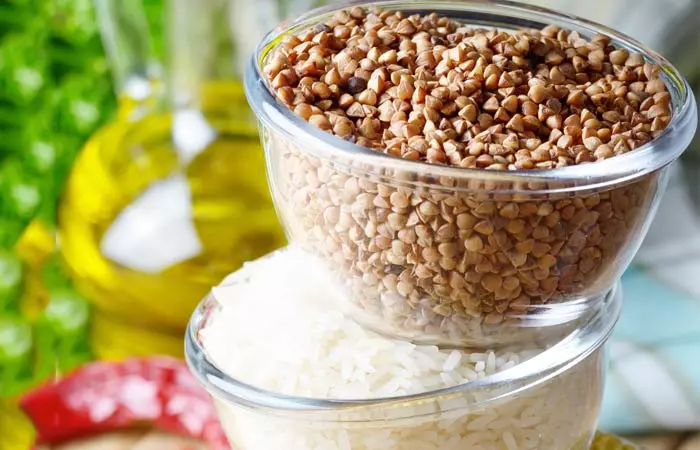
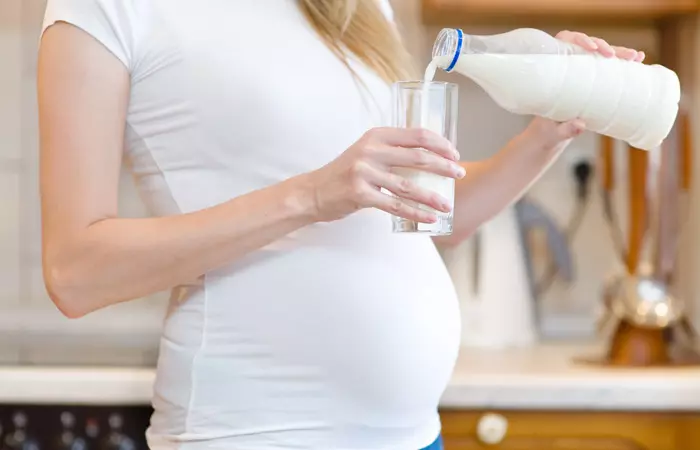
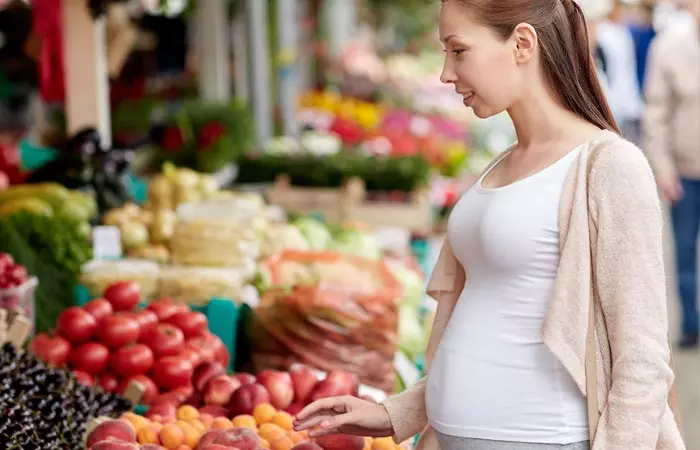
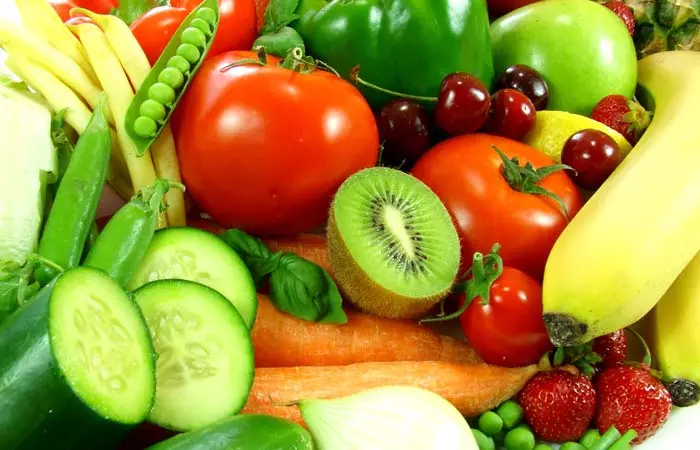
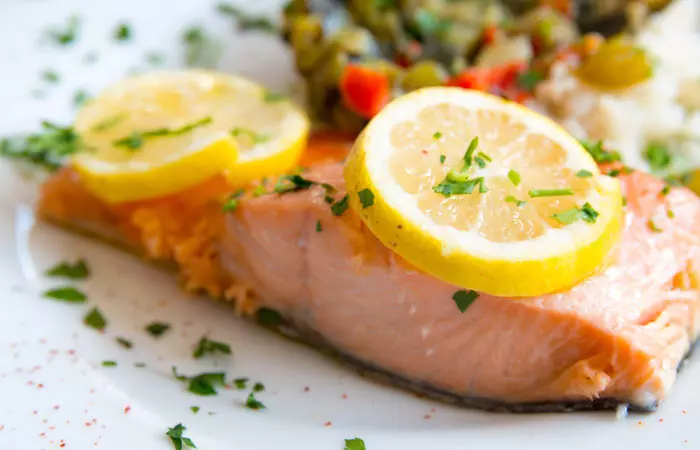
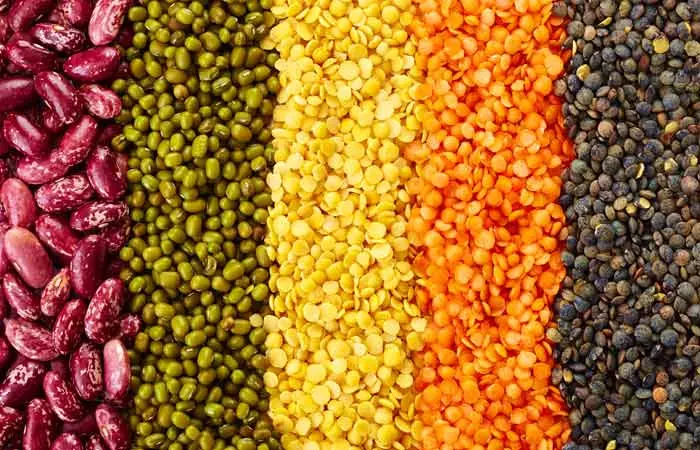
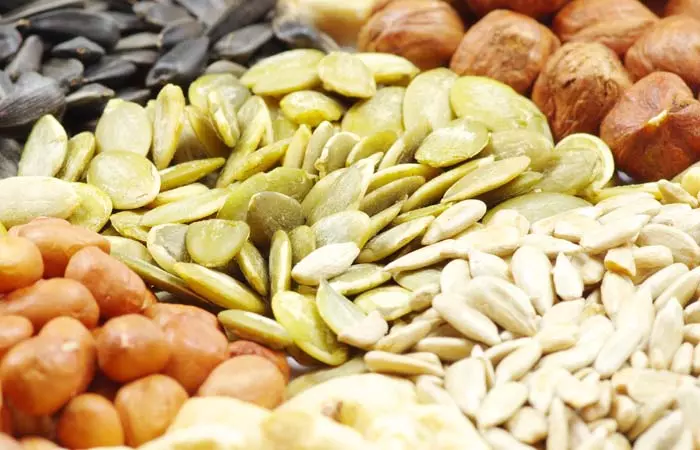
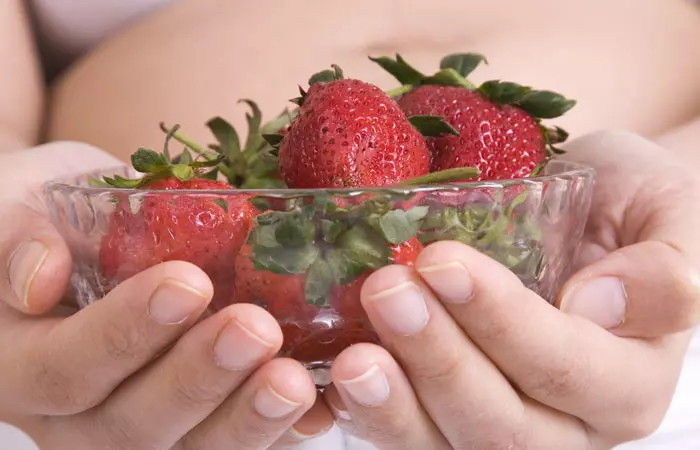
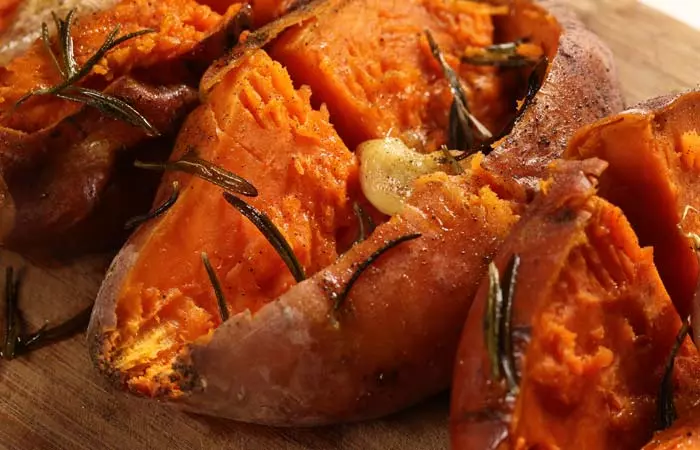
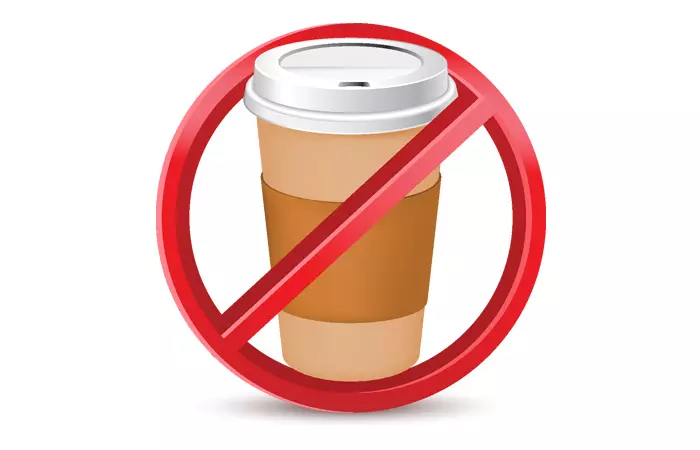

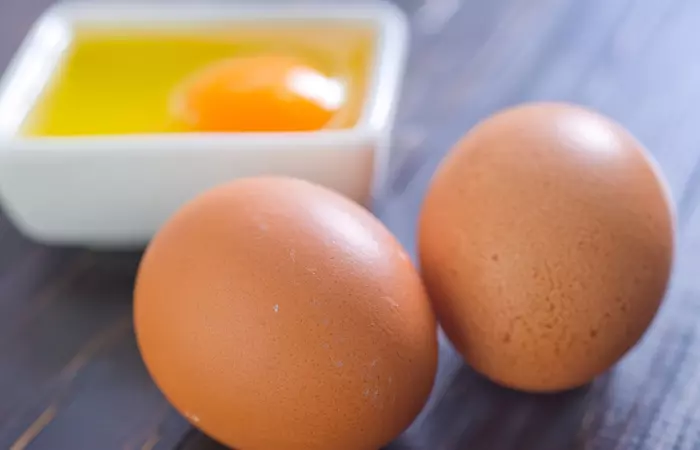

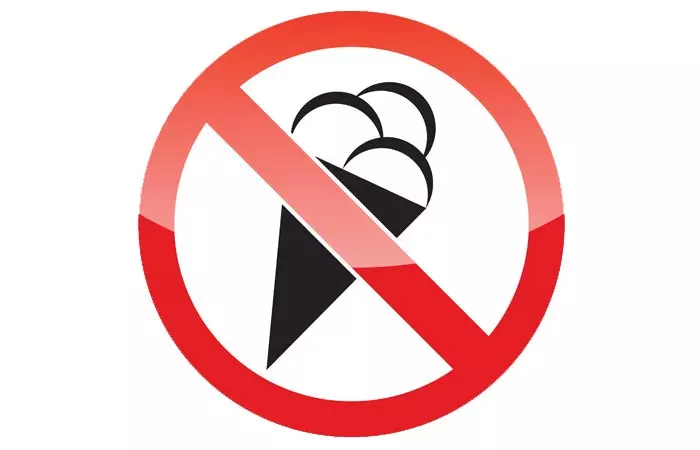
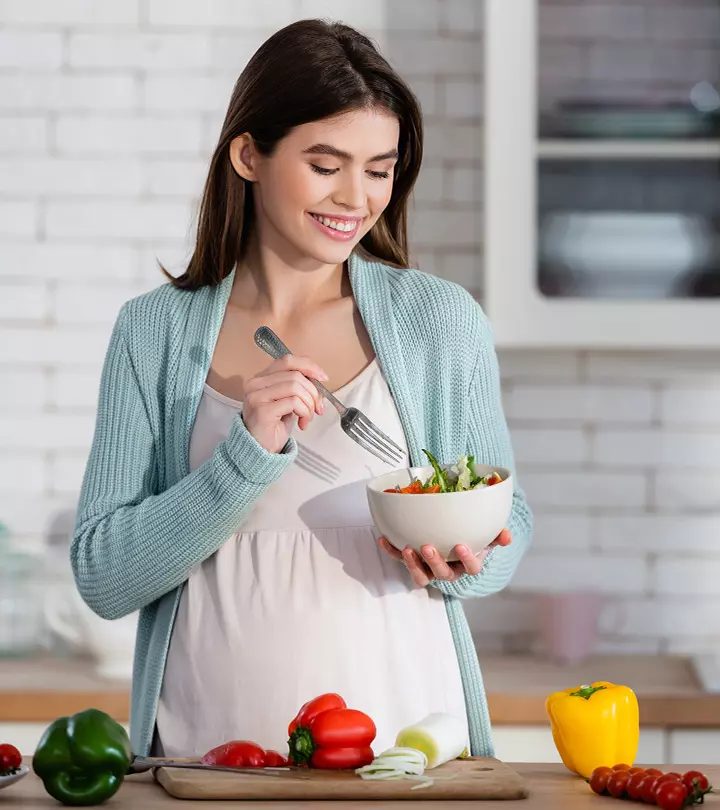

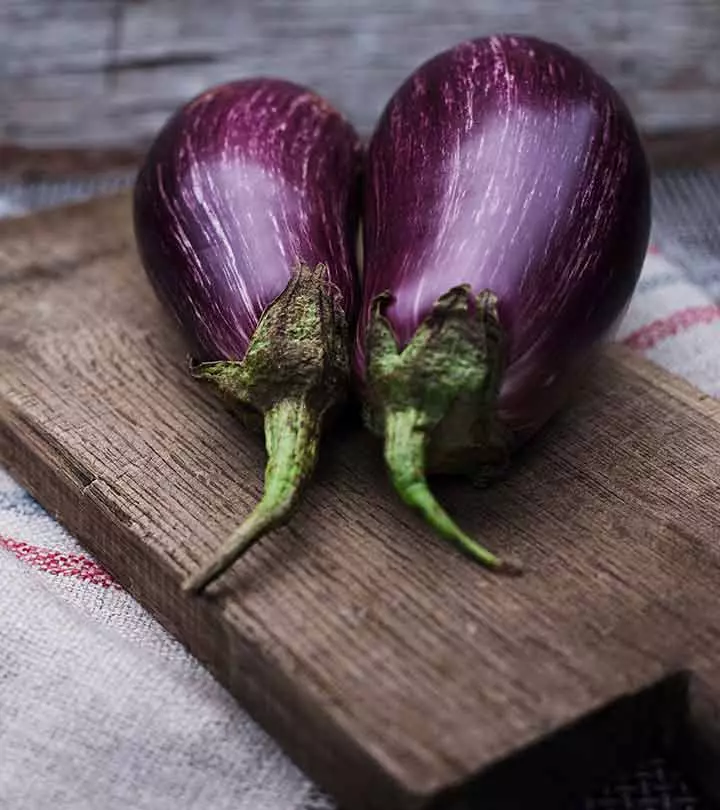
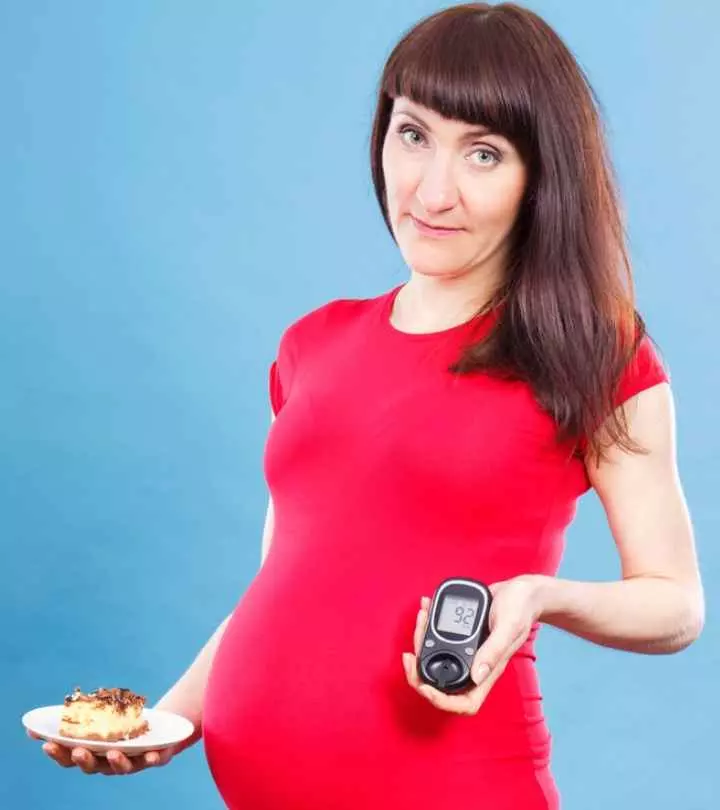
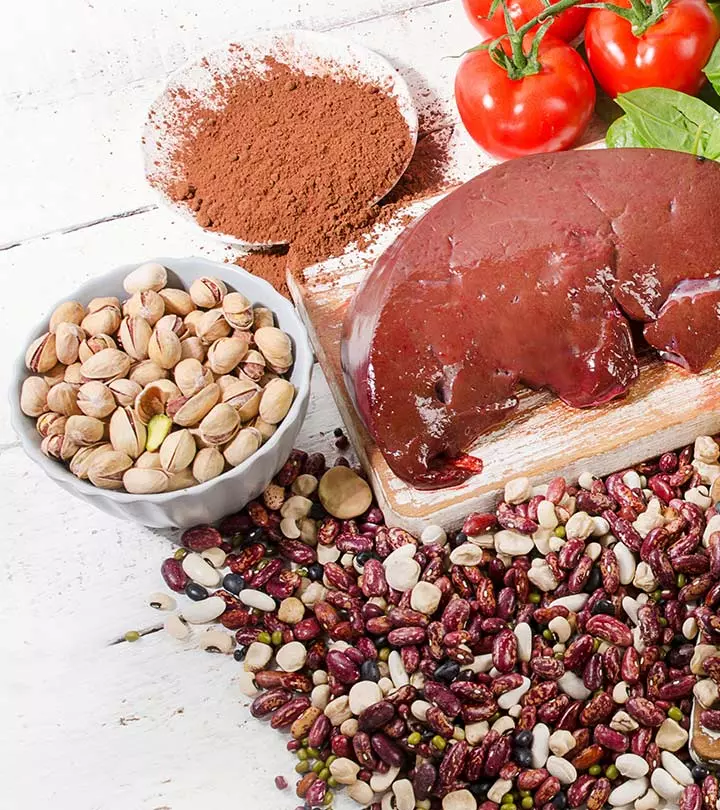
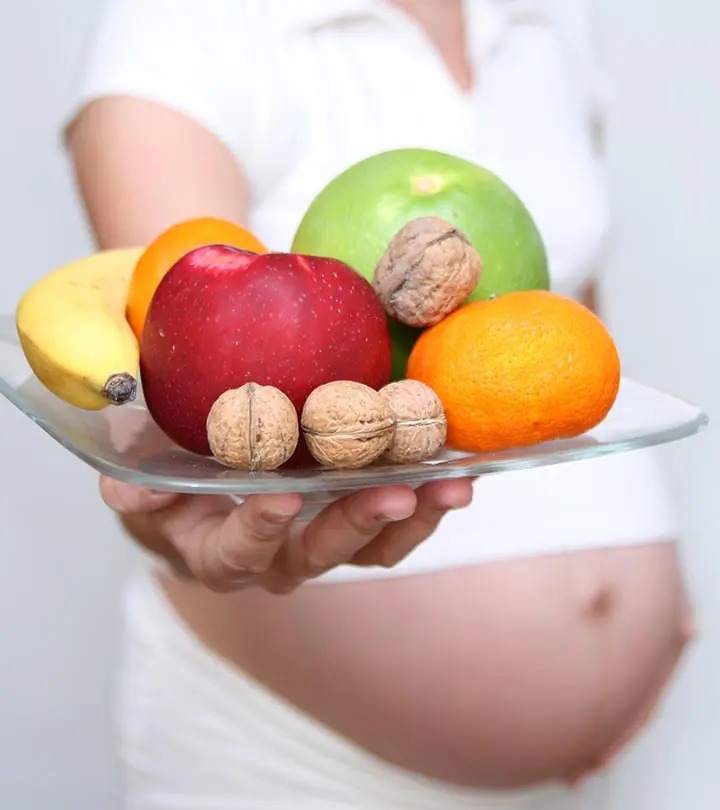
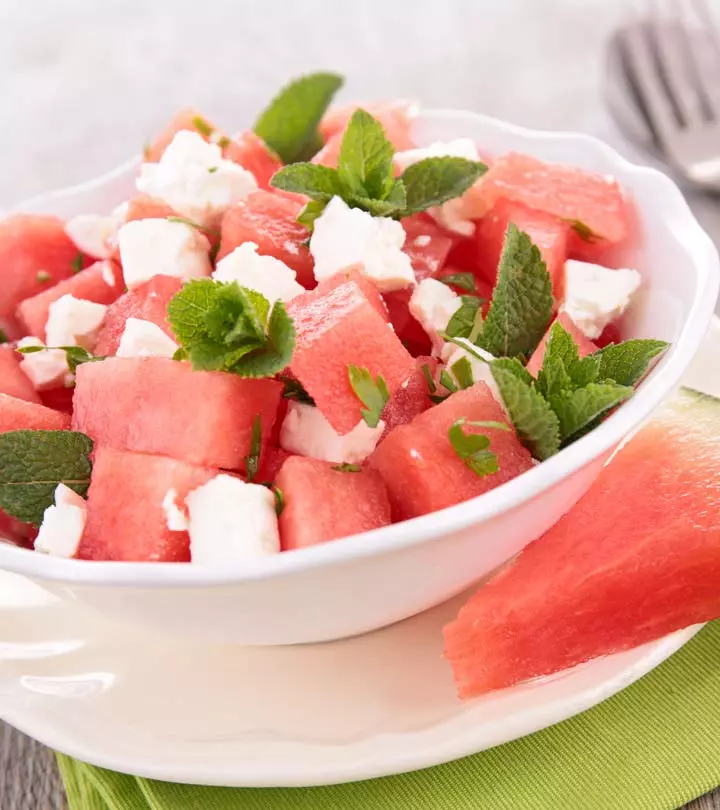
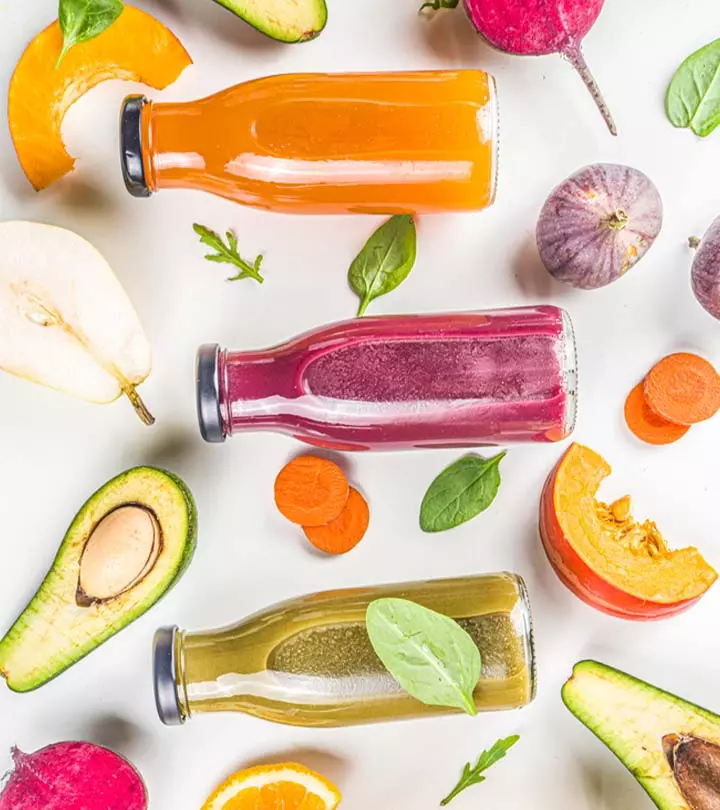
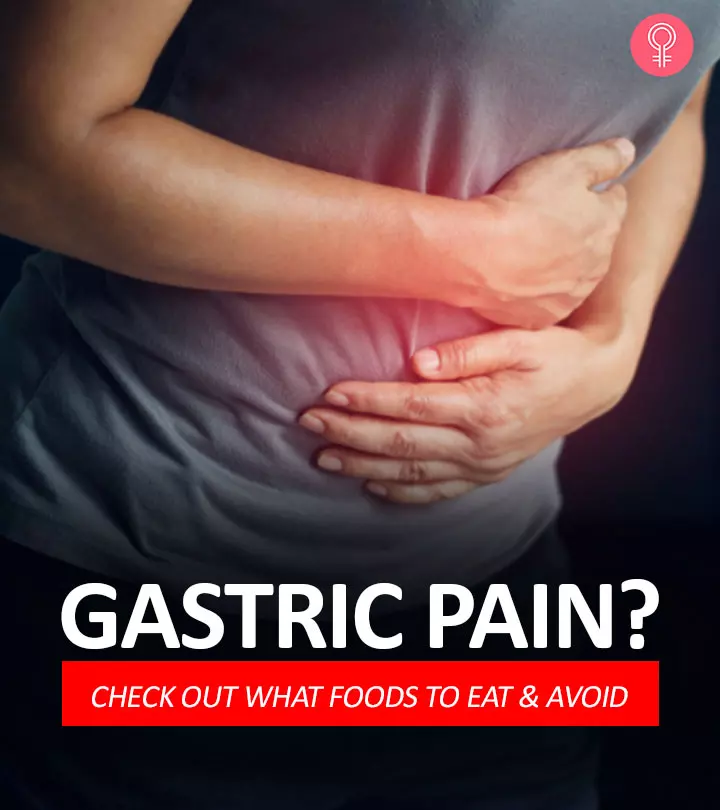

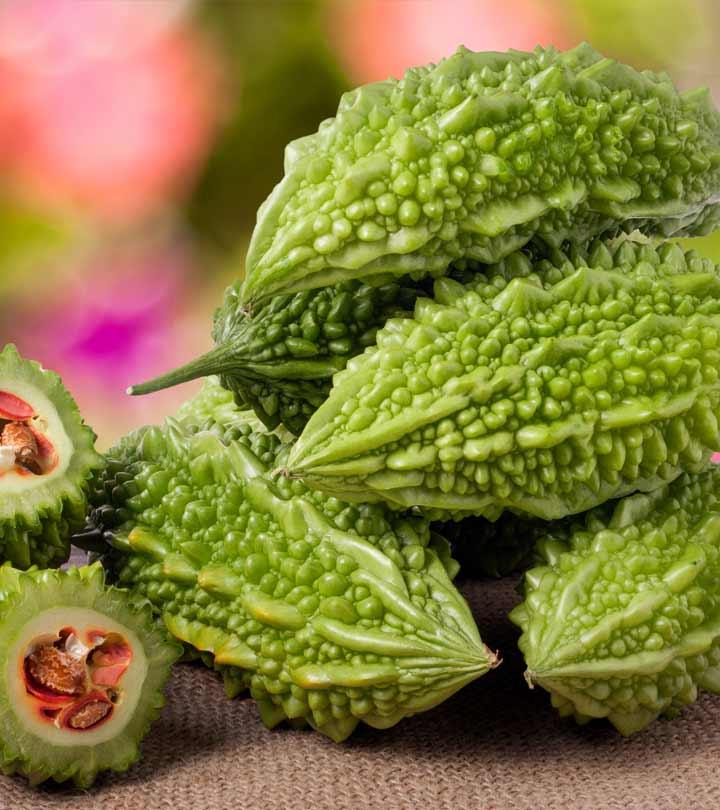
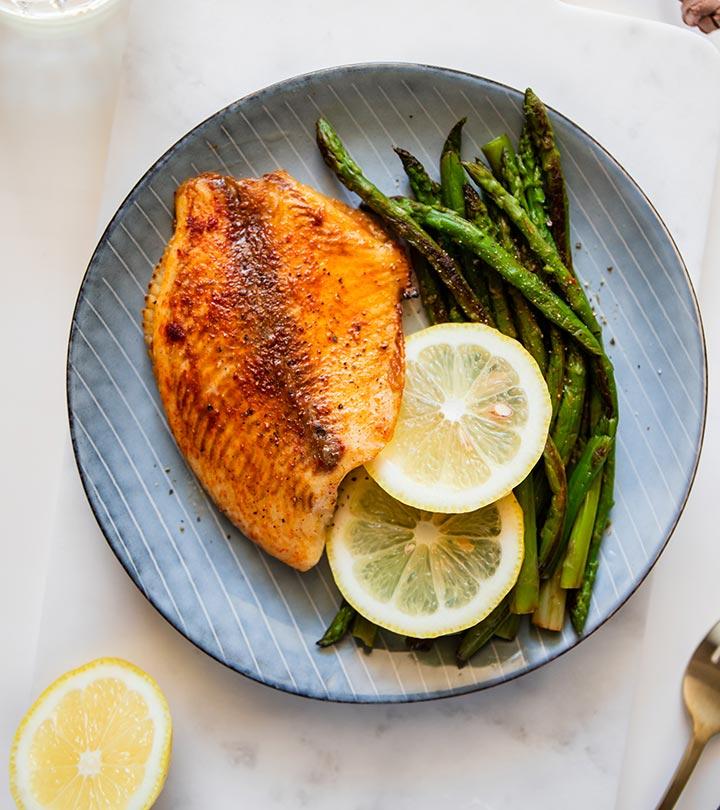
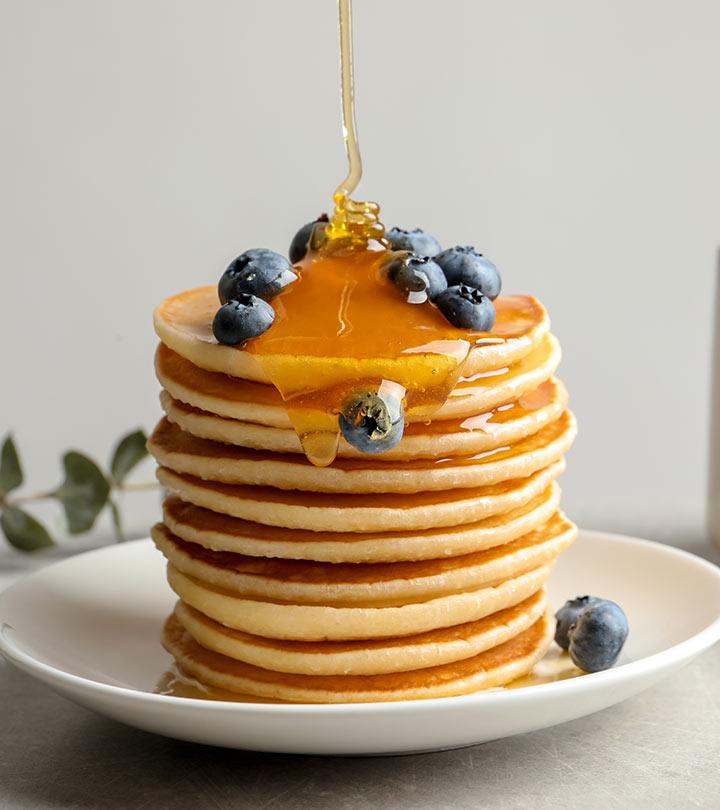

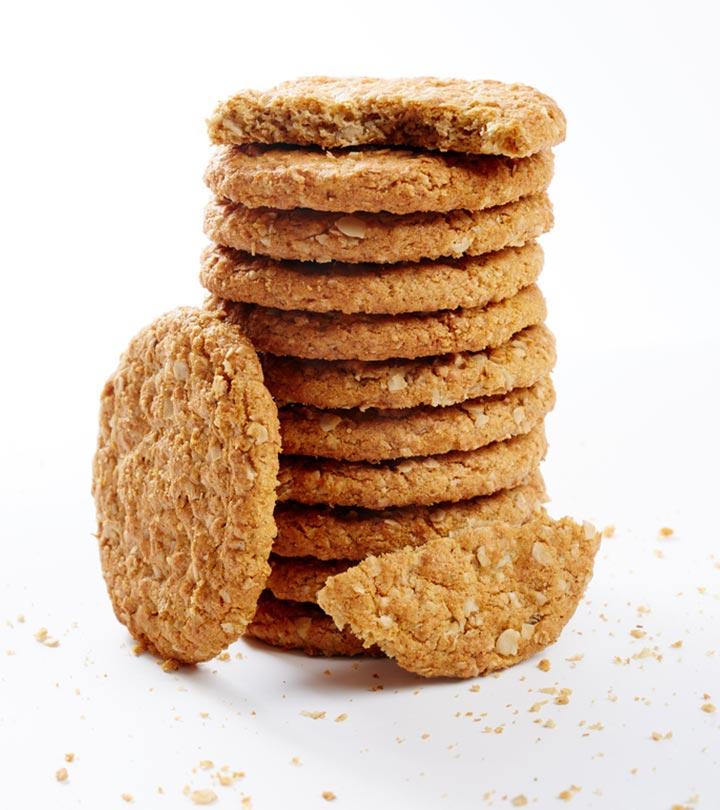

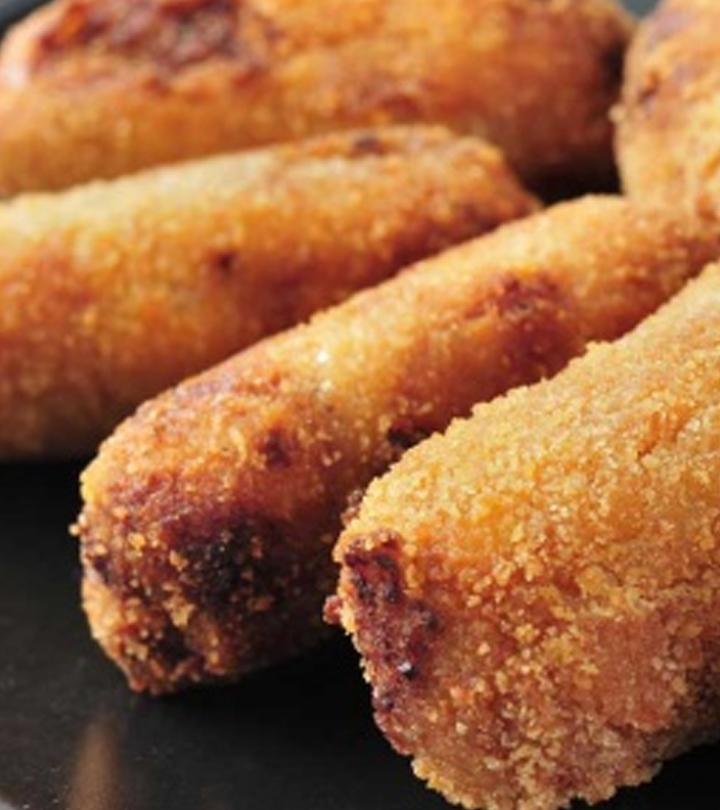
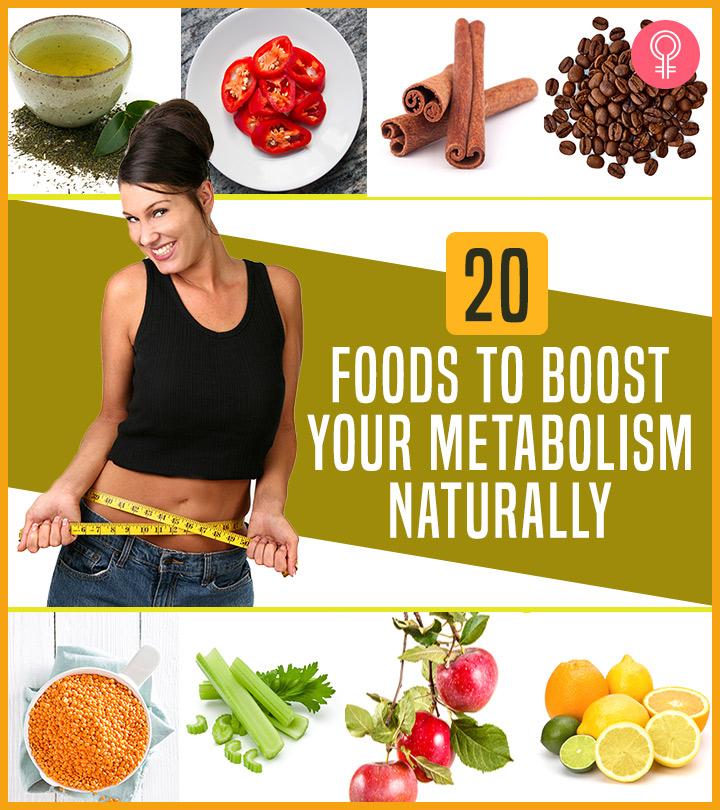
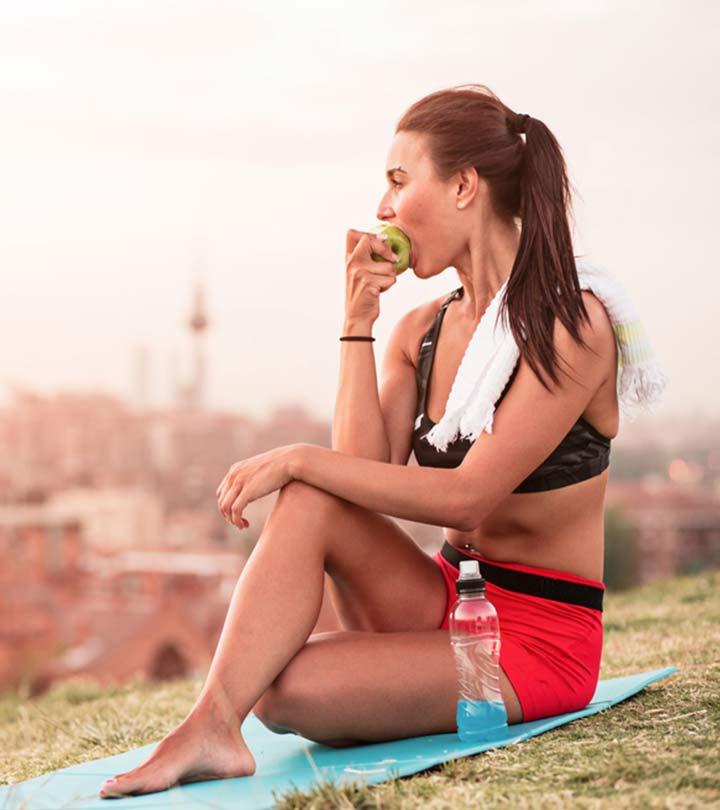

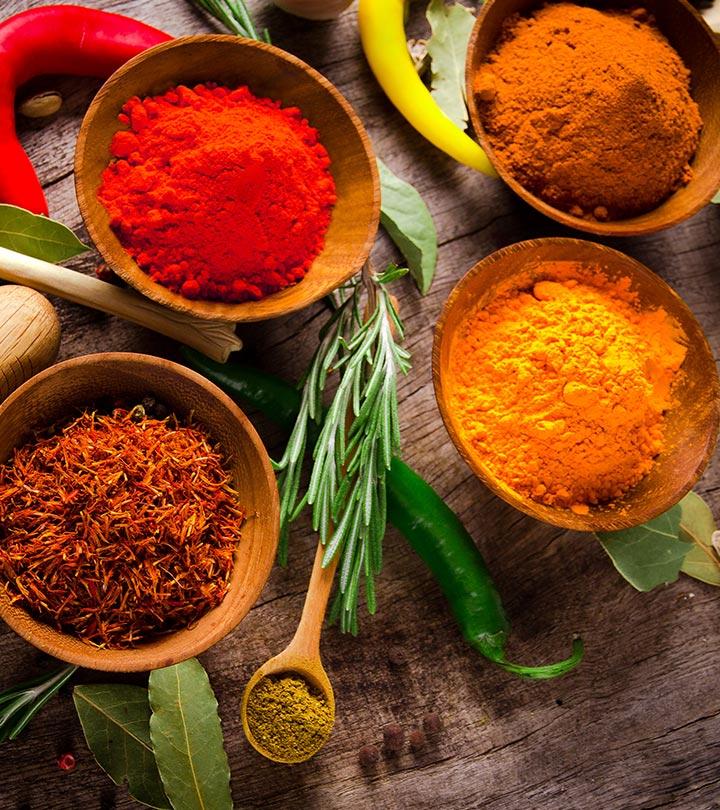
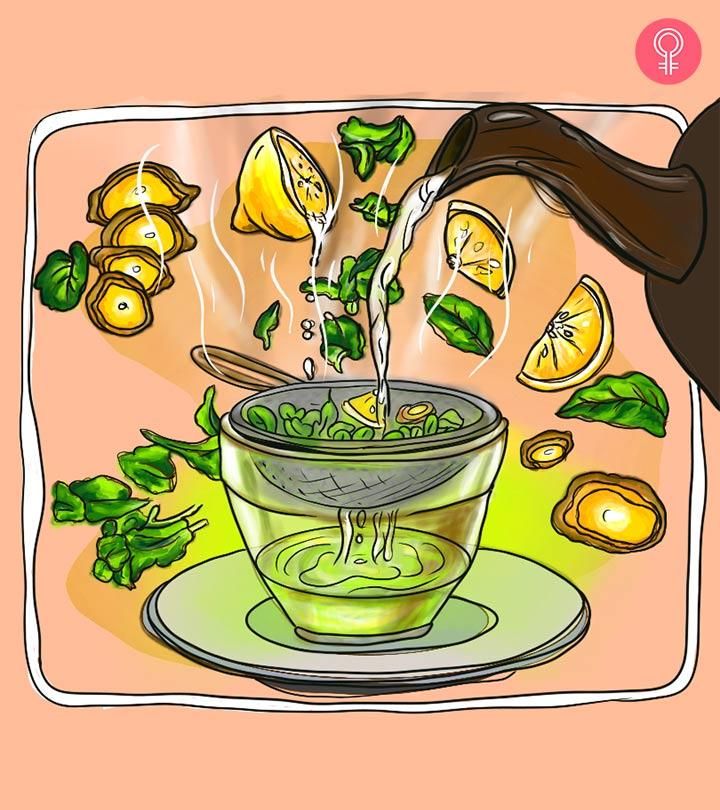
Community Experiences
Join the conversation and become a part of our empowering community! Share your stories, experiences, and insights to connect with other beauty, lifestyle, and health enthusiasts.